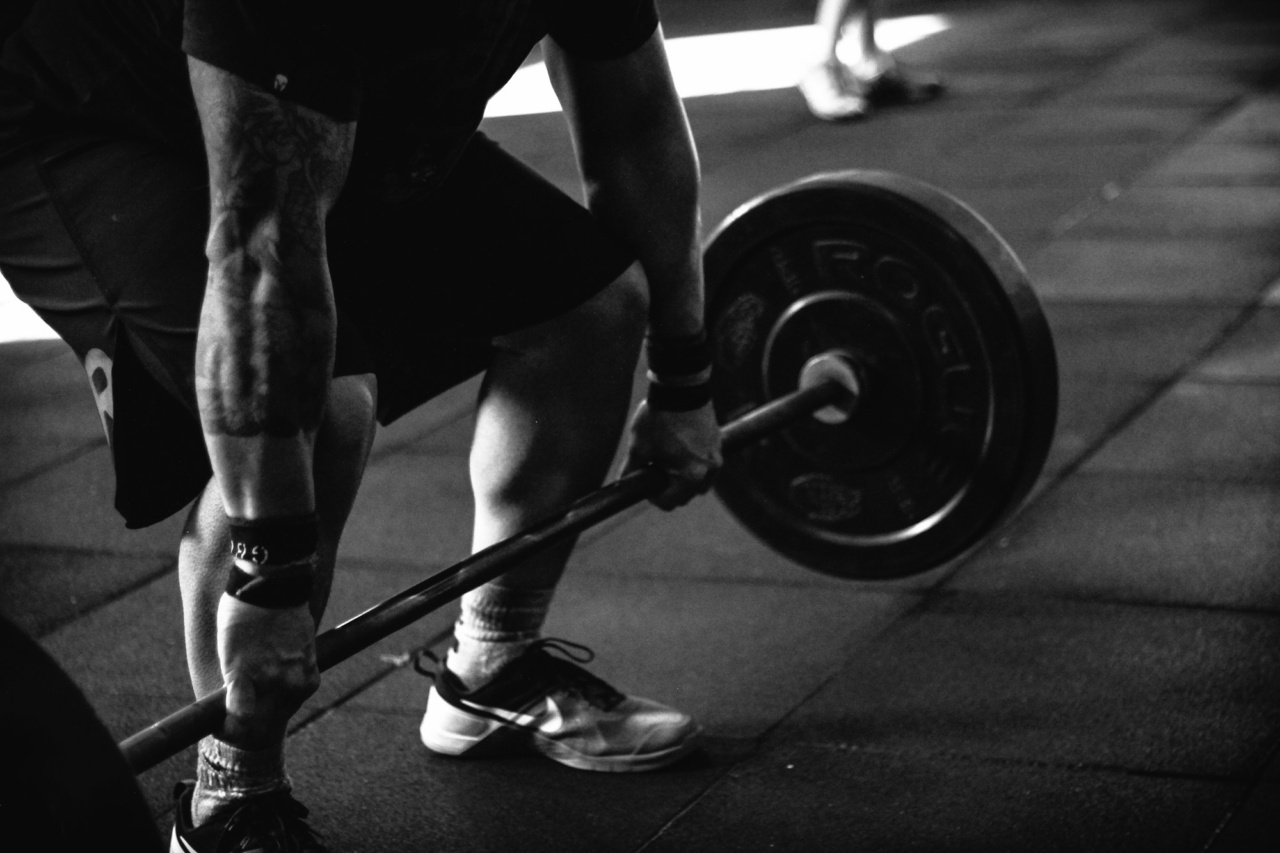Muscle strength is an essential component of overall health and fitness. Whether you’re an athlete looking to enhance your performance or an individual trying to improve your daily activities, having strong muscles is crucial.
While regular exercise and a balanced diet play significant roles in building muscle strength, certain vitamins can also contribute to this process. In this article, we will explore ten vitamins that can help boost muscle strength.
Vitamin D
Vitamin D is an essential nutrient that plays a critical role in muscle function and strength. It helps regulate calcium levels, which is crucial for muscle contraction.
Studies have shown that vitamin D deficiency is associated with muscle weakness and increased risk of falls in older adults.
Vitamin C
Vitamin C is well-known for its immune-boosting properties, but it also plays a role in muscle health. It aids in the production of collagen, a protein necessary for connective tissues, including muscles.
Furthermore, vitamin C acts as an antioxidant, protecting muscles from oxidative stress during intense exercise.
Vitamin E
Vitamin E is another potent antioxidant that aids in muscle recovery and repair. It helps protect the cell membranes from damage caused by free radicals, reducing muscle inflammation and promoting faster recovery after workouts.
B Vitamins
The B vitamins, including B1 (thiamine), B2 (riboflavin), B3 (niacin), B6 (pyridoxine), and B12 (cobalamin), are crucial for energy production and muscle function.
They help convert food into energy, allowing your muscles to perform optimally during physical activities.
Vitamin A
Vitamin A contributes to muscle strength by playing a vital role in protein synthesis. It promotes the production of new muscle tissues and supports muscle repair. Vitamin A also aids in bone health, which is essential for overall muscular strength.
Vitamin K
Vitamin K is primarily known for its role in blood clotting, but it also supports muscle strength. It helps regulate calcium, which is necessary for muscle contraction.
Additionally, vitamin K promotes bone health, indirectly supporting muscular strength.
Vitamin B7 (Biotin)
Vitamin B7, commonly known as biotin, is essential for building and maintaining strong muscles. It aids in the breakdown of carbohydrates and proteins, facilitating energy production for muscle contraction.
Biotin deficiency may lead to muscle weakness and fatigue.
Vitamin B5 (Pantothenic Acid)
Vitamin B5, or pantothenic acid, is involved in the production of coenzyme A, a molecule necessary for energy metabolism. It helps convert food into energy, supporting muscle strength during physical activities.
Additionally, vitamin B5 supports muscle recovery and reduces muscle cramps.
Vitamin B9 (Folate)
Vitamin B9, also known as folate or folic acid, plays a vital role in muscle growth and repair. It contributes to the synthesis of DNA and RNA, which is essential for the production of new muscle tissues.
Folate deficiency may result in muscle weakness and impaired muscle function.
Vitamin B3 (Niacin)
Vitamin B3, or niacin, is involved in energy metabolism and aids in the conversion of food into energy for muscle function. It helps support muscle strength and endurance, making it beneficial for individuals engaged in intense physical activities.
Conclusion
While exercise and a balanced diet are fundamental for building muscle strength, incorporating these ten vitamins can further enhance your results.
Vitamin D, C, E, and various B vitamins play essential roles in muscle function, energy production, and recovery. Additionally, vitamins A, K, B7, B5, B9, and B3 contribute to muscle strength through various mechanisms.
By ensuring an adequate intake of these vitamins, you can support your muscles’ growth, repair, and overall strength, optimizing your physical performance and well-being.































